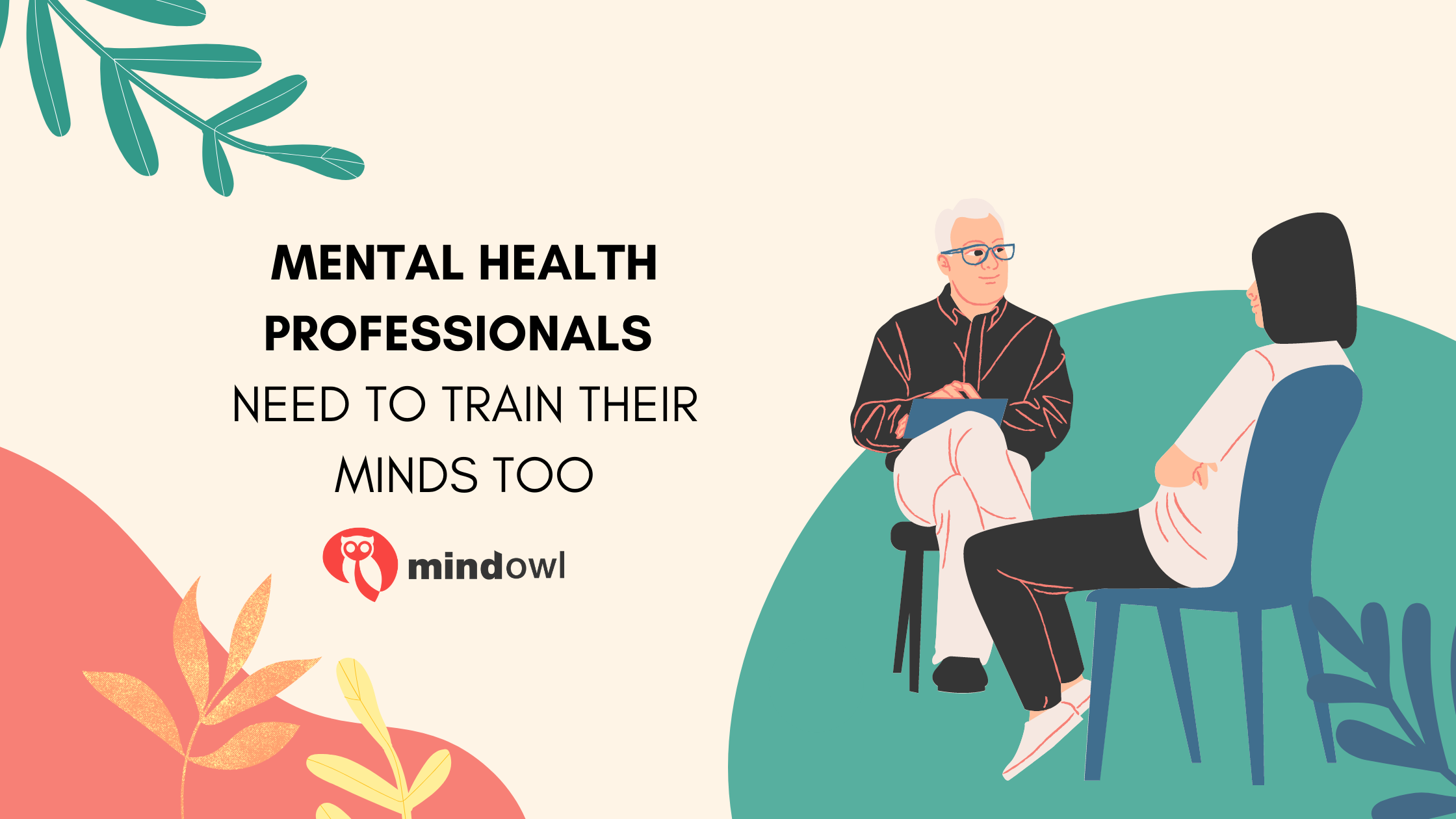As our understanding of mental health deepens, the world creates new specialized roles for mental health professionals. As outlined by Healthline’s overview of mental health professionals, today’s patients have many options for mental health care, from psychologists that can recommend effective coping strategies, to psychiatrists that can prescribe useful medications. Some mental health professionals even focus on specific types of patients: social workers focus on vulnerable populations, while addiction counselors help patients recover from substance abuse.
However, these days, many mental health professionals are likely to be overworked. In states like Michigan, social distress from the COVID-19 pandemic exacerbated the demand for social workers. This was further explained in a guide to social work in Michigan published by Wheel, which is a network for telehealth professionals. Psychologists, too, are highly in demand. Reports from the American Psychological Association show that one-third of all psychologists are seeing more patients now than before the pandemic. High demand without new workers to compensate means that many mental health professionals need to put in more work than they can manage.
It is important for mental health professionals to take care of their own mental health
Practicing mindfulness exercises, such as meditation, can reduce the risks of burnout, and give professionals the mental tools they need to treat their patients effectively. Here are the reasons why mental health professionals need to train their minds.
Prevent Compassion Fatigue
As a mental health professional, you will be constantly exposed to the trauma of your patients. If you do not set proper work boundaries, you may become vulnerable to secondary traumatic stress, which can lead to compassion fatigue. Symptoms of compassion fatigue include a sense of helplessness, irritability, frustration, and disorientation, all of which can get in the way of your work. Mindfulness training can help you replenish your energy, making you better equipped to deal with your patients’ heavy problems.
Address Zoom Fatigue
As teletherapy becomes the norm, mental health professionals face the unique issue of Zoom fatigue, which refers to the exhaustion professionals experience when using teleconferencing tools. Many mental health professionals struggle with the limits teleconferencing tools create when it comes to connecting with patients. Not being able to see a patient’s body language or speak to them face to face can make assessing their needs, anxieties, and feelings more difficult. Practicing mindfulness exercises before every Zoom session can help you reduce the feelings of anxiety and frustration associated with Zoom Fatigue.
You Are Not Invincible
Mental health professionals can still struggle with mental health. As a mental health professional, you are trained to understand the different causes of mental health problems and ways you can cope. But awareness of these tools does not make you immune. You are just as vulnerable to stress and anxiety as your patients are. Train your brain to ensure that you can effectively handle your own day-to-day stresses and talk to someone if you feel you need to.
Fill Your Own Cup
There’s a saying that goes, ‘You cannot pour from an empty cup.’ It means that if you lack mental, physical, and emotional energy, you will not be able to adequately provide for others. That’s why you need to fill your own cup first. Mindfulness exercises are highly renowned for their restorative power. They let you process and release your day-to-day anxieties, thus replenishing your energy levels. Only by taking care of yourself can you offer adequate care for your patients.
To get started with your mindfulness journey, it can help to take courses on mindfulness exercises. The Meditation Taster Course here at Mindowl can teach you the basics of meditation. It has lessons on easy mindfulness exercises, such as breath awareness. The course is pre-recorded, which means that you can complete it at your own pace and schedule
MindOwl Founder – My own struggles in life have led me to this path of understanding the human condition. I graduated with a bachelor’s degree in philosophy before completing a master’s degree in psychology at Regent’s University London. I then completed a postgraduate diploma in philosophical counselling before being trained in ACT (Acceptance and commitment therapy).
I’ve spent the last eight years studying the encounter of meditative practices with modern psychology.


